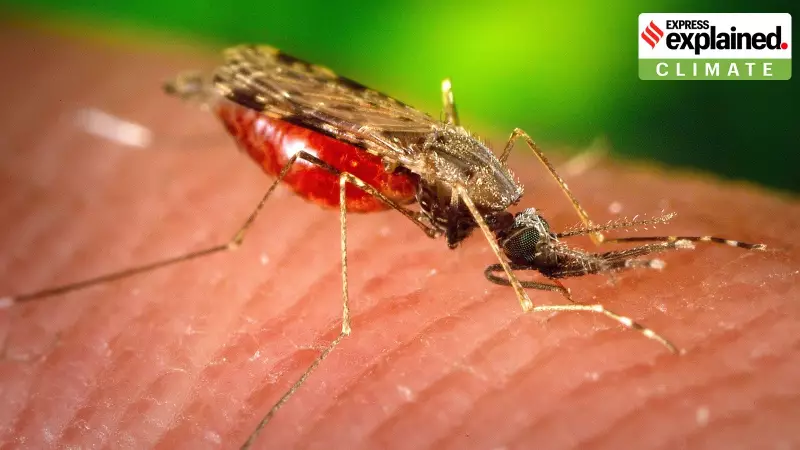
In a fascinating twist of nature, Iceland stands as one of the few countries in the world where mosquitoes are remarkably absent. While neighbouring Nordic nations battle these buzzing pests every summer, Iceland remains curiously mosquito-free despite having what appears to be ideal breeding conditions.
The Scientific Puzzle
Researchers have been studying this phenomenon for years, and the answers lie in Iceland's unique climate patterns. Unlike other countries where mosquitoes thrive in standing water during warmer months, Iceland's temperature fluctuations create an insurmountable challenge for these insects.
Three Key Factors Keeping Iceland Mosquito-Free
- Temperature Instability: Iceland experiences frequent freeze-thaw cycles that disrupt mosquito breeding patterns. Just as larvae begin to develop, sudden cold snaps wipe out entire generations.
- Biological Timing: Mosquitoes require specific, consistent warm periods to complete their life cycle. Iceland's unpredictable weather prevents this crucial development phase.
- Geographical Isolation: Being an island nation limits natural migration of mosquitoes from neighbouring regions, creating a natural barrier against infestation.
Climate Change Implications
Scientists are closely monitoring whether global warming could change Iceland's mosquito-free status. As temperatures gradually rise and become more stable, there's concern that mosquitoes might eventually establish themselves in this currently inhospitable environment.
What This Means for Icelanders
While locals enjoy mosquito-free summers, researchers emphasize the importance of continued monitoring. The absence of these pests contributes to Iceland's unique ecosystem and makes outdoor activities more enjoyable during the midnight sun period.
The ongoing research not only helps understand Iceland's special situation but also provides valuable insights into how climate affects insect populations worldwide.





